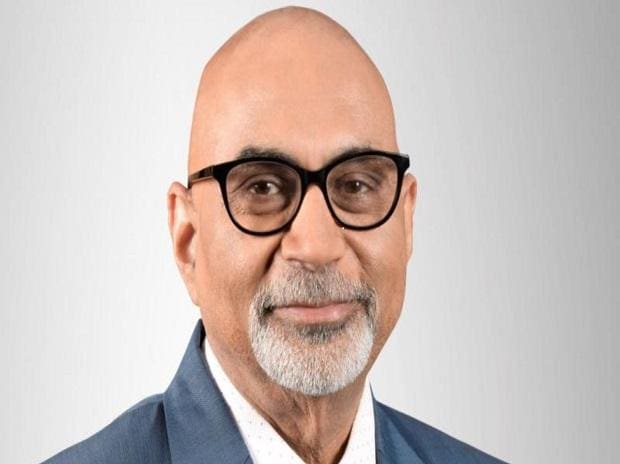[ad_1]
Private equity (PE) majors — Carlyle Group and Advent International — which picked up a 9.99 per cent stake each in YES Bank are “fully supportive” of the lender and there are no downside risks in terms of them exercising their warrant option, Prashant Kumar, MD & CEO, YES Bank, told a news channel on Monday.
YES Bank’s share price tumbled 12.37 per cent in intraday trade before closing 8.33 per cent lower on Monday in an otherwise firm market on the back of heavy volumes because of weak December quarter (Q3FY23) results, and the Bombay High Court’s decision to set aside the write-off of the bank’s AT1 bonds worth over Rs 8,400 crore. Its shares closed at Rs 18.15 apiece on the BSE.
The High Court on Friday had set aside the lender’s erstwhile administrator’s decision to write off the additional tier 1 (AT1) bonds held by bondholders and retail investors when it was bailed out by fellow banks in a Reserve Bank of India-led scheme in 2020, after alleged misconduct by its founders led to a huge chunk of loans turning sour.
“It appears that the administrator exceeded his powers and authority in writing off AT-1 bonds after the bank was reconstructed on March 13, 2020,” the court said in its order copy.
Kumar told CNBC TV18 in an interview: “We are not worried with this decision but are surprised.”
“Both of them (Carlyle and Advent International) are fully supportive and there are absolutely no downside risks in terms of (them) exercising the warrant option. They are absolutely with the bank and both of them will continue to be part of this journey and continue to support it. They would like to see the bank moving forward. And, there has not been any change in terms of their strategy towards the bank,” he replied when asked if the bank has spoken with these two investors after the court’s order.

AT1 bonds are perpetual bonds, so the discretion to exercise the call option rests with the bank. Also, the discretion to pay coupon or interest on these bonds rests with the bank, except in cases where the bank is paying a dividend to equity holders, he added.
“We will make an appeal (against the Bombay High Court’s decision) in the Supreme Court as soon as possible,” Kumar added.
The two private equity (PE) funds together have agreed to pump Rs 8,887 crore into YES Bank, including the amount towards the full conversion of warrants into equity. The bank had allotted 3.7 billion shares of face value Rs 2 each at Rs 13.78 per share, and 2.56 billion share warrants (convertible into equity shares of face value Rs 2 each) on a preferential basis to CA Basque Investments, a Carlyle Group entity, and Verventa Holdings, an Advent group entity. Each warrant can be converted into an equity share at a price of Rs 14.82 apiece.
For equity shares, both the private equity players have already paid Rs 2,546.65 crore each last month. For the share warrants, the total amount payable by each of the two PEs is Rs 1,896.78 crore, of which Rs 474.19 crore (25 per cent) had been paid upfront by each of them at the time of allotment. The balance 75 per cent of the amount would be payable to the bank at the time of issue and allotment of the equity shares upon exercise of the option attached to the relevant share warrant.
Kumar, in a media call after the bank’s Q3 earnings, said that the High Court’s decision would not have a bearing on total capital adequacy ratio. In an extreme case scenario, when AT1 bonds are restored, Common Equity tier I (CET1) may come down and AT1 will go up, he said.
“In case the final decision is in favour of AT-1 bondholders, the impact would be a knock-down in CET-1 ratio and an increase in the AT-1 capital ratio by a similar quantum. The management indicated it is not mandatory to exercise the call option,” said domestic brokerage ICICI Securities in a note.
[ad_2]
Source link



